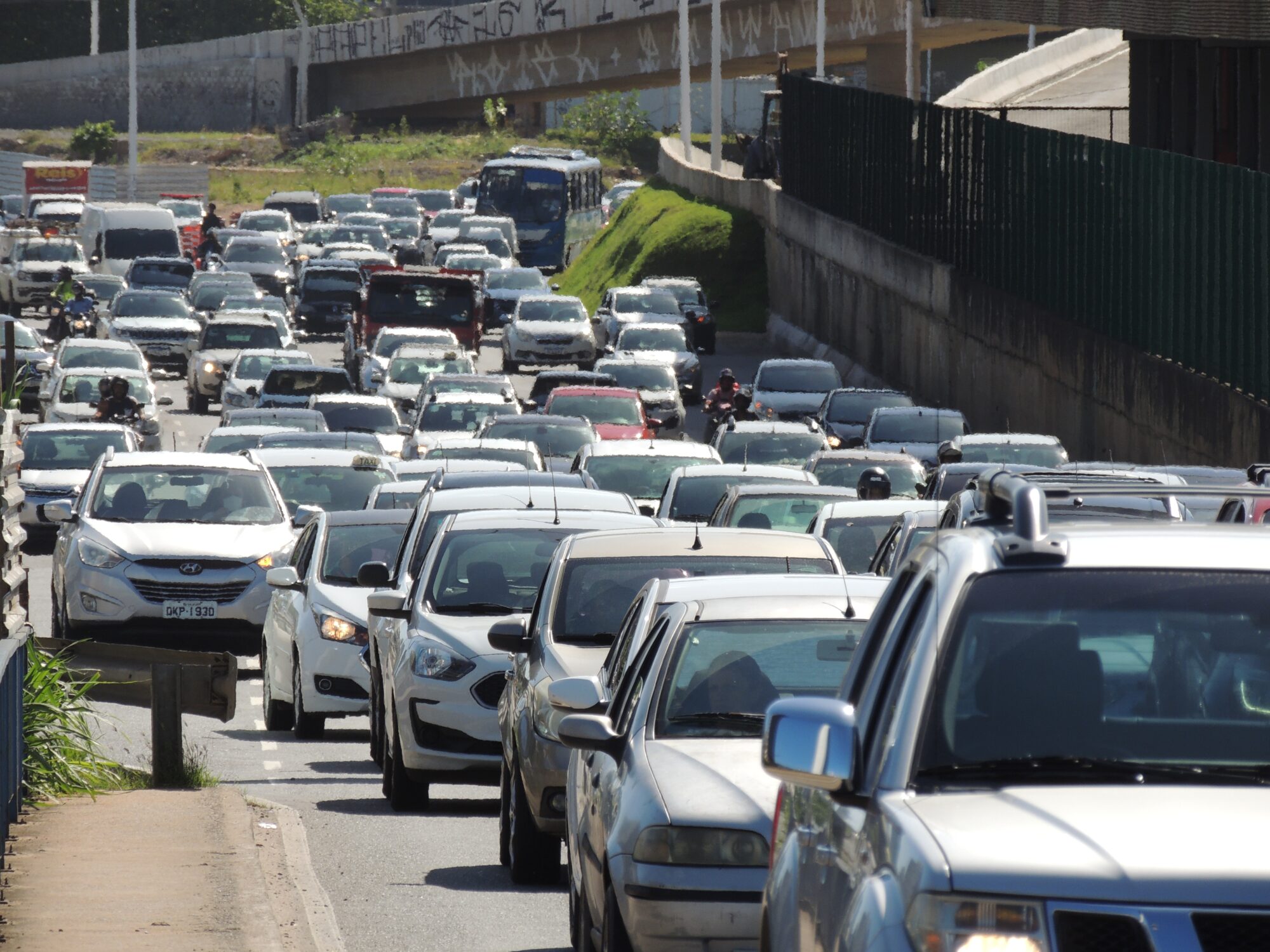Only battery or fuel-cell electric vehicles eliminate tailpipe emissions
Flex-fuel cars comprise the majority of the fleet in Brazil, but they cannot deliver the same air quality benefits as electrification. Flex-fuel vehicles have no significant benefits over ICE gasoline vehicles in terms of air pollutants that harm human health. Hybrids may reduce these emissions but don’t eliminate them. In contrast, battery and fuel-cell EVs entirely remove tailpipe pollution from city streets—and all places where Brazilians live, work, and breathe
In addition to their air quality benefits, battery electric cars in Brazil produce substantially lower life-cycle greenhouse gas emissions than flex-fuel, hybrid, or improved ICE vehicles, delivering dual benefits of cleaner air and reduced climate impact. For example, battery electric cars emit about one third of the life-cycle emissions of gasoline-ethanol flex-fuel ICE vehicles.
Yet despite the advantages of battery electric vehicles for both air quality and climate, a recent ICCT study found that the lack of strong EV policies in Brazil has allowed automakers to prioritize flex-fuel and ICE vehicles. This is in stark contrast with other major markets where policies have driven rapid EV deployment, such as China and the United Kingdom, and risks further delaying the health and climate benefits of the EV transition in Brazil.
The choice ahead
The evidence is clear: accelerated EV adoption could deliver billions in health savings through 2040. Behind these figures are children who will breathe easier, families kept whole, and lives extended.
With vehicle electrification, Brazil can secure a win-win for both health and climate. Every electric vehicle replacing an ICE vehicle delivers immediate air quality improvements while cutting greenhouse gas emissions. The global transition to EVs is accelerating. With its clean electricity grid and growing domestic auto industry, Brazil is positioned to lead the way.
Vehicle electrification is underway in Brazil—what remains uncertain is the pace. With automakers increasingly able to supply EVs globally and costs declining steadily, policy choices will determine whether Brazil captures the full health, climate, and economic benefits of this transition, or continues bearing the costs of delaying action.
